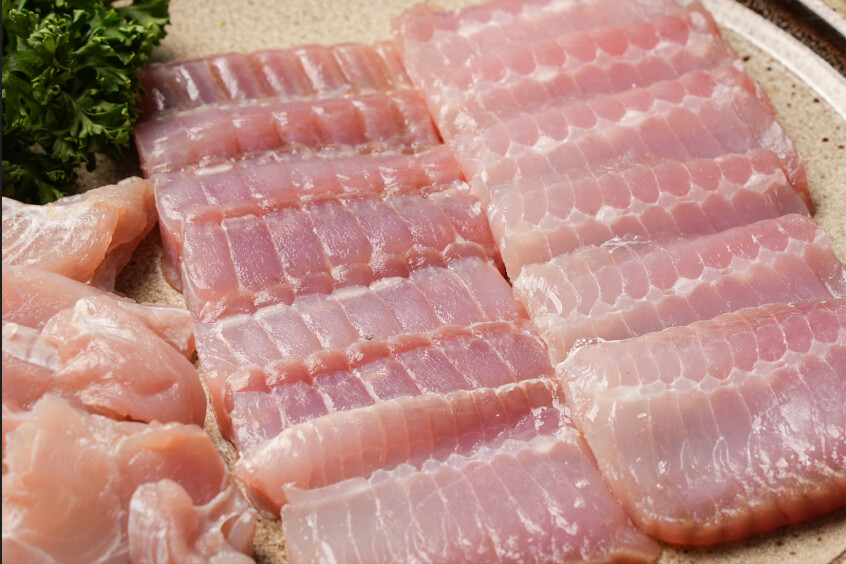
Korean Traditional Food Set for International Expansion with Government Support
Bucheon, South Korea – The Korean traditional dish, fermented skate, is on the verge of being designated as a traditional seafood product. Once the designation is finalized, it is expected to receive active support from the government and local municipalities, paving the way for its entry into the global market.
The National Fisheries Products Quality Management Service (NFPQMS), under the Ministry of Oceans and Fisheries, announced on the 17th that a research project has determined fermented skate to be suitable for designation as a traditional seafood product. Following a final review, fermented skate will be added to the list of traditional seafood products through the revision of the "Quality Certification Target Items and Standard Specifications for Traditional Seafood Products" notification.
The NFPQMS has also recently commissioned a research project for the designation of seaweed soup as a traditional seafood product. This research project will also review whether dried laver, abalone pickles, whelk slices, and shrimp paste are suitable for traditional seafood product designation.
According to the Seafood Industry Development Act, traditional seafood products are defined as foods made and cooked using traditional methods passed down from generation to generation, using domestic seafood as the main ingredient, and which have a unique Korean taste and aroma. They are designated through research and investigation. When a specific seafood product receives an application for designation, the NFPQMS conducts on-site inspections, reviews, and evaluations, prepares standard specifications, and finally designates it through notification revision. Through this process, 22 types of salted seafood, including squid, pollack roe, and cod intestines, and 44 items, including seasoned laver, abalone porridge, and crab soy sauce, have been designated as traditional seafood products.
Food products designated as traditional seafood products become subject to preferential purchase by the government and local municipalities. In addition, the government and local governments must provide various support for the export and globalization of traditional seafood products in accordance with the Seafood Industry Development Act.
For example, the Korea Agro-Fisheries & Food Trade Corporation (aT) gives additional points to businesses handling traditional seafood products when selecting businesses participating in the "Seafood Food Leading Organization Operator Selection Project" or the "Seafood Food Business Voucher Project," which support brand development, overseas marketing, and export costs to strengthen the export competitiveness of seafood products.
An official from aT explained, "We are actively participating in ensuring that food products certified by the government for safety and quality can be exported as K-foods."
This designation of fermented skate as a traditional seafood product is expected to provide a significant boost to the globalization of Korean food culture.
[Copyright (c) Global Economic Times. All Rights Reserved.]






























